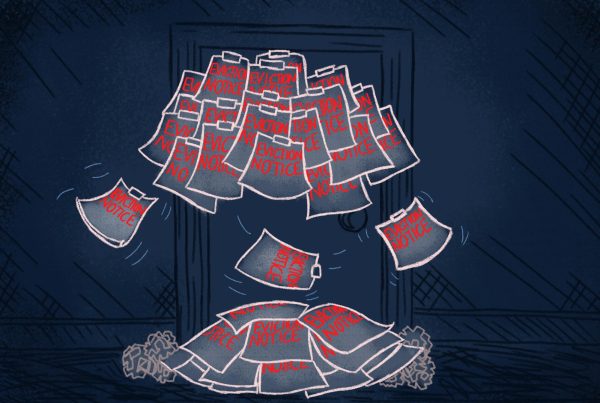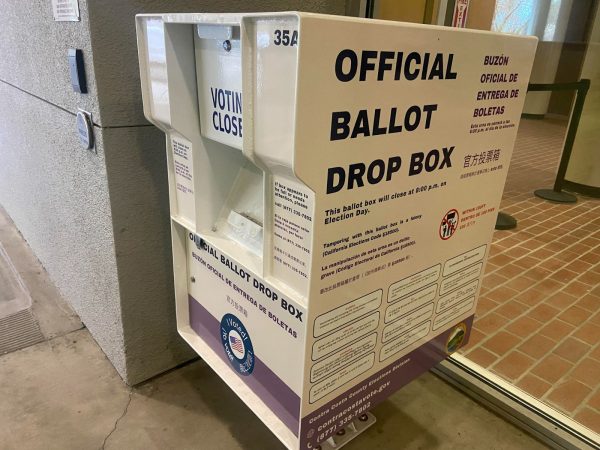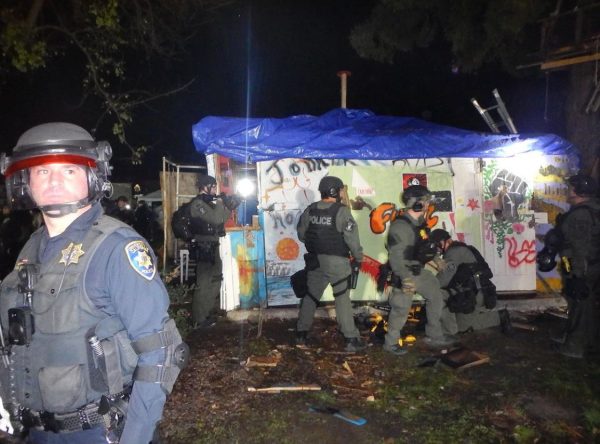News Brief: Task Force lightens its load
November 17, 2011
The Student Success Task Force has dropped several controversial recommendations that would have significantly changed the community college experience for students.
Students, faculty members, trustees, and other concerned members of society met with seven members of the Student Success Task Force on Nov. 16, at the Elihu M. Harris State Office Building in Oakland to discuss recent revisions to the Task Force recommendations. These revisions were released on Nov. 14.
The revisions reflected a growing concern among students and faculty that the former draft threatened to restrict students’ academic freedom and exploration as well as exploit some of the system’s most vulnerable students, namely those who are minorities, poor, or disabled.
One recommendation that was dropped would have required California community college students to pay out-of-state fees for classes that were not on their educational plans once they declared a program of study. The Task Force recommendations still require every student to declare a program of study early on in their educational careers.
Recommendations that promoted counseling, orientation, and common assessments for entering students were kept in this revised draft. Some of the language was changed to reinforce the role of faculty in the creation and implementation of centralized assessments and deciding upon cut scores.
Among the Task Force members present at Wednesday’s Northern California Town Hall meeting were Chancellor Jack Scott, chief executive officer of the Board of Governors of the California Community Colleges system, and Vice Chancellor Erik Skinner.
The Task Force Recommendations that required consolidation of categorical programs such as CalWorks and EOPS were modified so that they encouraged collaboration between programs. Such a modification could be defined as a victory for students who struggle with poverty, disabilities, abuse and institutional racism.
The Task Force also discussed concerns about the narrow definition of “student success,” institutionalized educational inequality, issues of localized input versus state mandates, unsourced data within the Task Force recommendations, vague language within the recommendations, vague references to funding, the Task Force’s sponsors, and educational advocacy for the system’s most vulnerable students.












































































